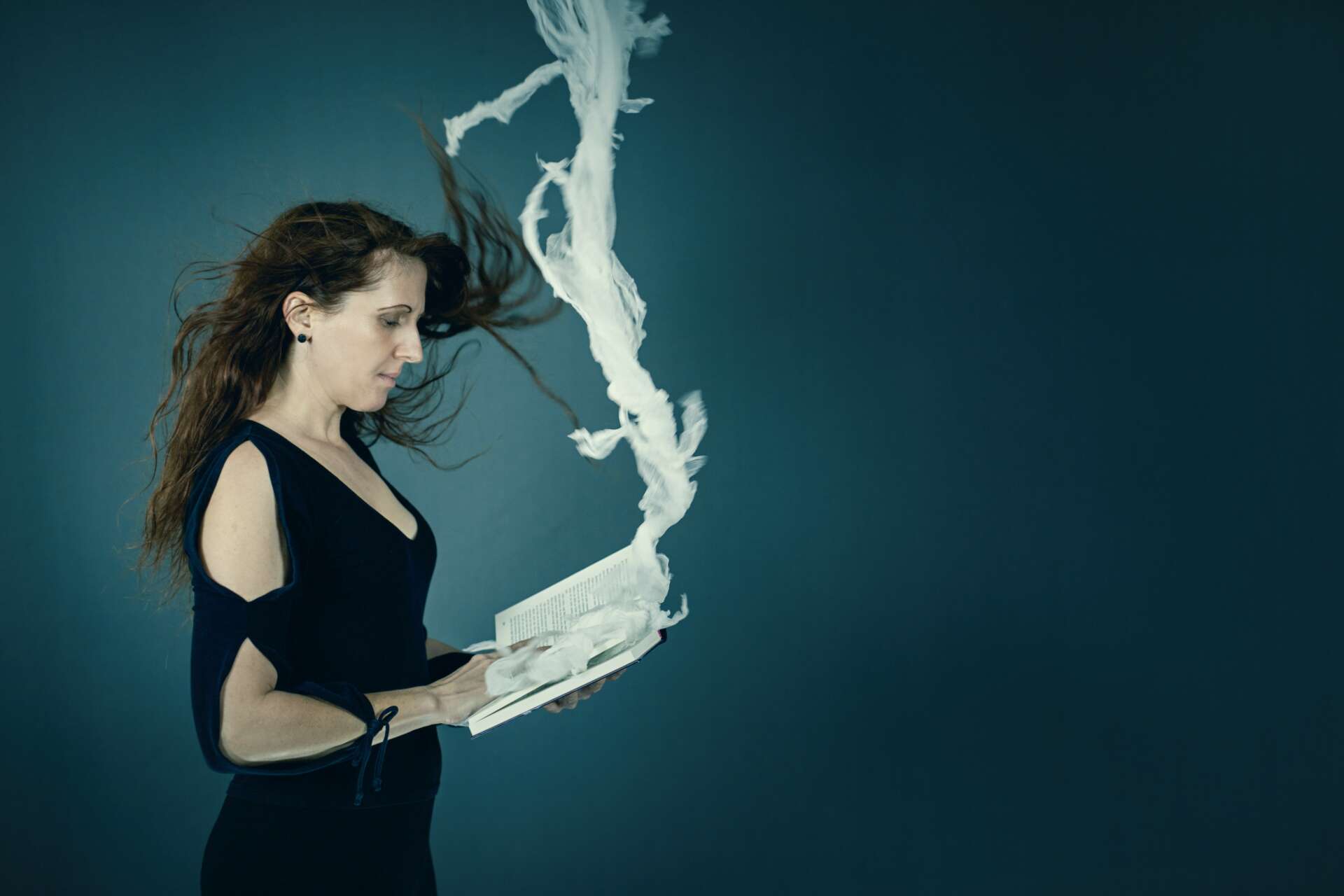We were lucky to catch up with Angela Mohr recently and have shared our conversation below.
Angela, looking forward to hearing all of your stories today. Can you recount a story of an unexpected problem you’ve faced along the way?
I think the most unexpected experience for me is that after my biggest reward (the French-German Youth Literature Award) it became more and more difficult for me to publish my works. I expected to take off now, but instead things went harder and harder from that point on. The quality of my art increased but my publishing possibilities went down at the same time due to the fact that I went too uncompromising in my works.
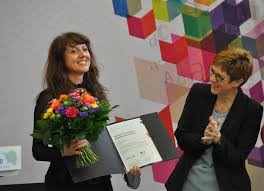

Great, appreciate you sharing that with us. Before we ask you to share more of your insights, can you take a moment to introduce yourself and how you got to where you are today to our readers.
I am a word artist. I write novels, short prose, radio plays, stage texts and other works and develop new formats for literature on the Internet and on stage. I have published several novels with well-known German publishers and won various prizes.
What sets me apart are probably two things: my fascination with literature in formats beyond the book. And my refusal to sacrifice the depth of my stories for the sake of saleability.
Times and media change, but not people’s longing for stories that are bigger than themselves. Whether it’s a book, TV series or video game: the origin of all stories is the campfire, around which people listen spellbound to a storyteller. That’s where we all come from.
I have always been enthusiastic about making literature visible in different media. “Storytelling” must not become a term mainly used in advertising, management consultancy and coaching. We literary authors have the core competence – we should use it. A medium is just a medium. Literature should make use of the media, play with them like tools.
The stage, for example, is a fascinating platform. I have always been convinced that a reading can be so much more than the author sitting in front of a glass of water. I have developed literary performances and created a unique format of literature, readings, music and calligraphy with the “Nachtschwestern” ensemble, which has been nominated for several awards.
For some time now, I have also been experimenting with formats for the internet. This led to my #montagsstories, which are becoming increasingly popular on Instagram. Here, too, it is important to me not to follow trends, but to deal in a creative way with the limitations of the medium in a literary and minimalist way.
Staying true to your literary standards of quality is not an easy path. My refusal to make my stories more streamlined, as I am repeatedly asked to do by agencies and publishers, is a strength, but also the source of my fiercest battles.
Nevertheless, I remain unwavering in my convictions and the feedback from my readers proves me right. The longing for stories that get under your skin is and remains unbroken. The question is rather which format and medium is the right one for me since I obviously have to break the usual paths. I’m curious to see what else I can come up with in the future…
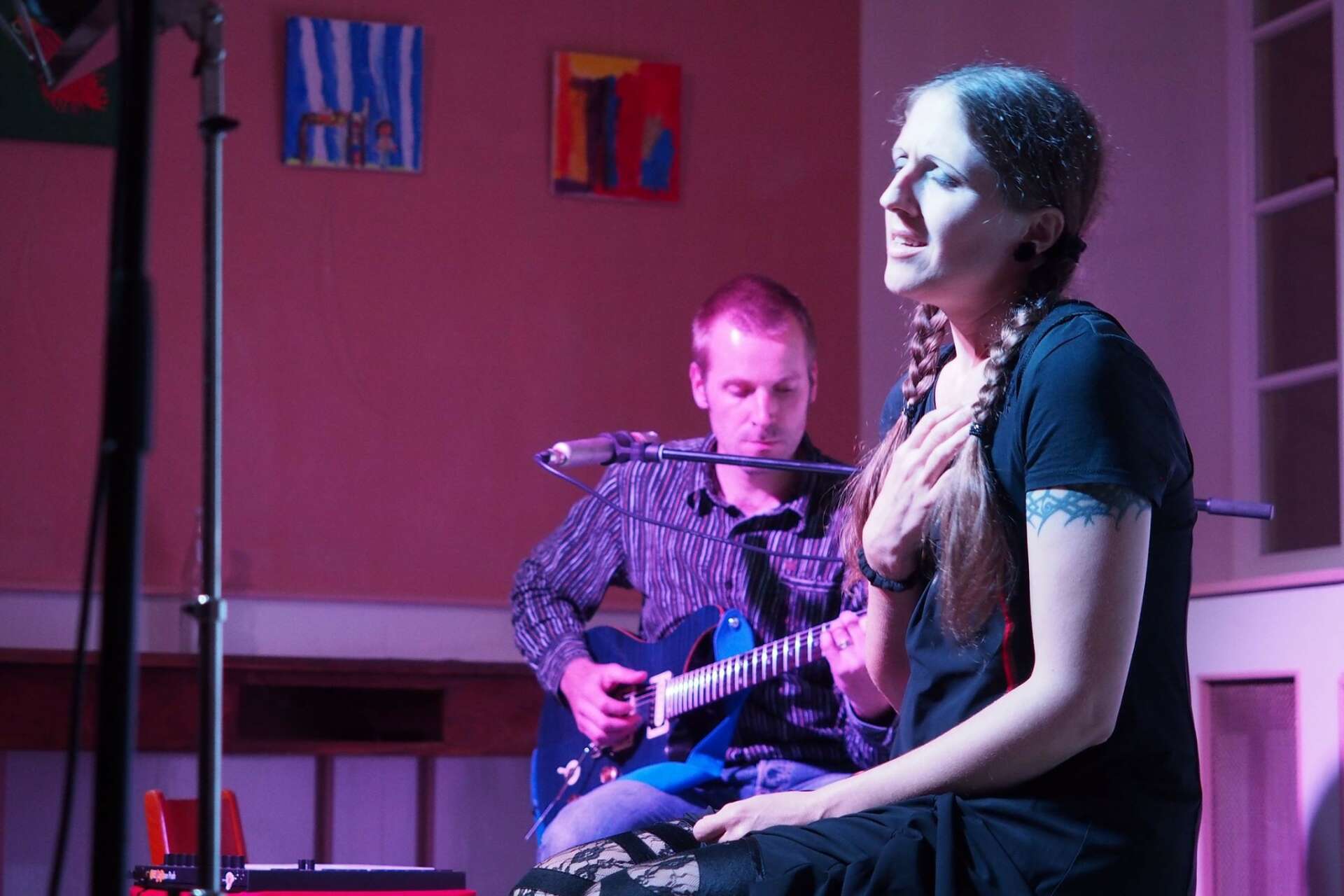
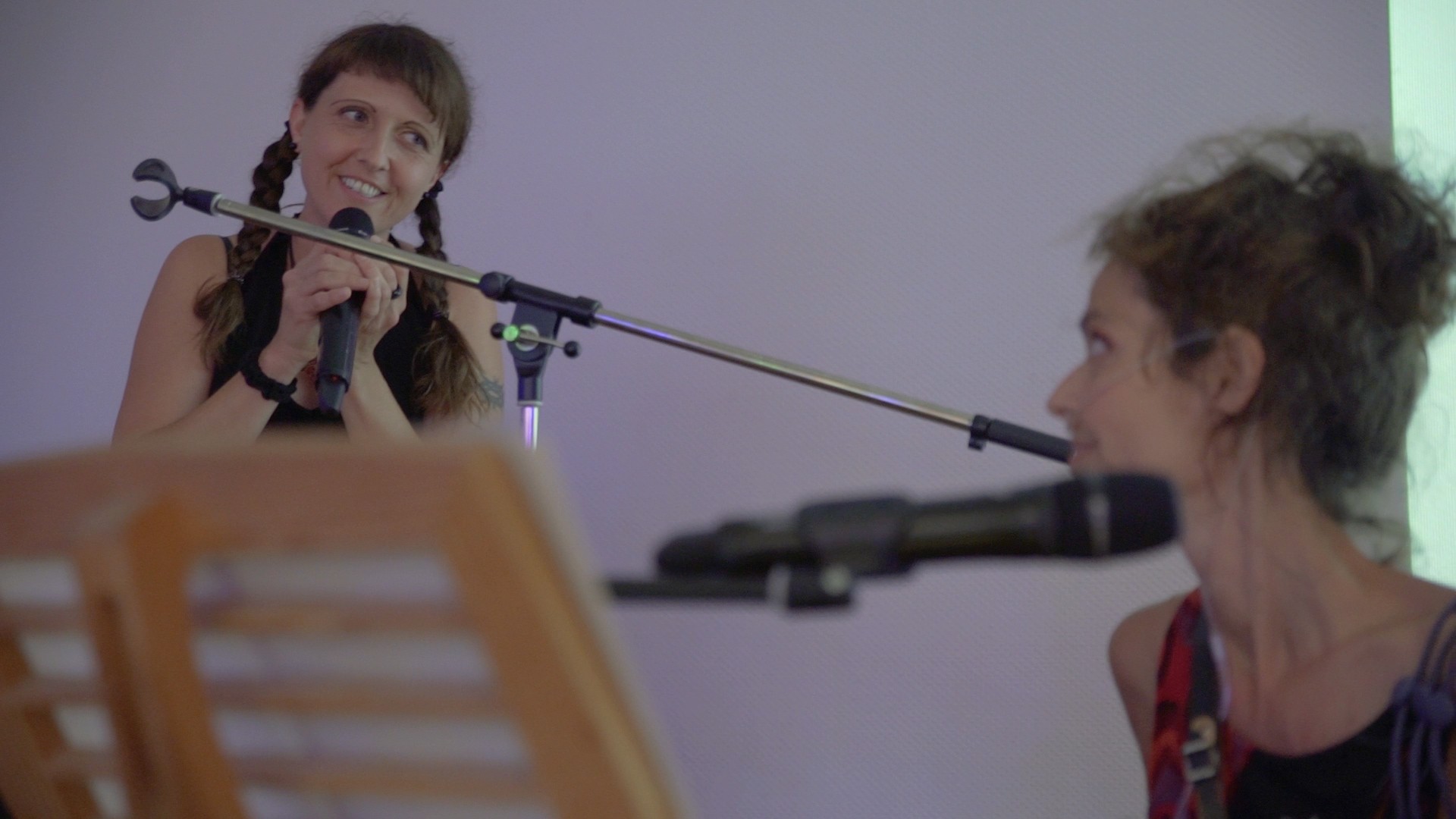
Let’s talk about resilience next – do you have a story you can share with us?
I am a stutterer. Words come out of my pen easily, but not out of my mouth. The symptoms are particularly severe when I read aloud. Like everyone who stutters, I struggled with the shame that comes with this disability. I can’t count the times I’ve been advised to “just take a breath” or laughed at because of the involuntary facial movements that come with it.
So how was I ever going to be on stage and read from my work, in front of an audience?
The answer to that is not so much a story of miracles as it is a story of my determination to never give up. Good art comes from limitation and struggle, not from a comfortable path of success. Obstacles and inner demons cannot always be overcome. Sometimes you have to use them and make them part of your artistic personality.
At my first readings, an actress friend did the job of reading for me. But I always felt that my words should be read by myself.
I dug deeper and discovered a different way of artistic work with the voice. Suddenly, the focus was no longer on the question “what is beautiful?” but on the question “what is possible?” This reversal of the question was a liberation.
I began to work intensively with voice teachers and speech therapists and took singing lessons and then, one day, I had the first reading by myself. I haven’t stopped since. Of course, I’m nervous every time I do a reading and every time I talk about stuttering. I can’t hide it, so I put it in the spotlight.
But then there’s this moment when fifty 14-year-olds are sitting in front of you and two girls shout: “he stutters too!” and point to a classmate. This boy looks at you, a shy smile crosses his face, because his disability has never been anything to get excited about. Something that brings a smile on other people’s face. Something to celebrate. Suddenly he grows taller and somehow, he gets proud. He is not alone. There’s even someone ON STAGE! Everything is possible! These are the moments which are worth it.
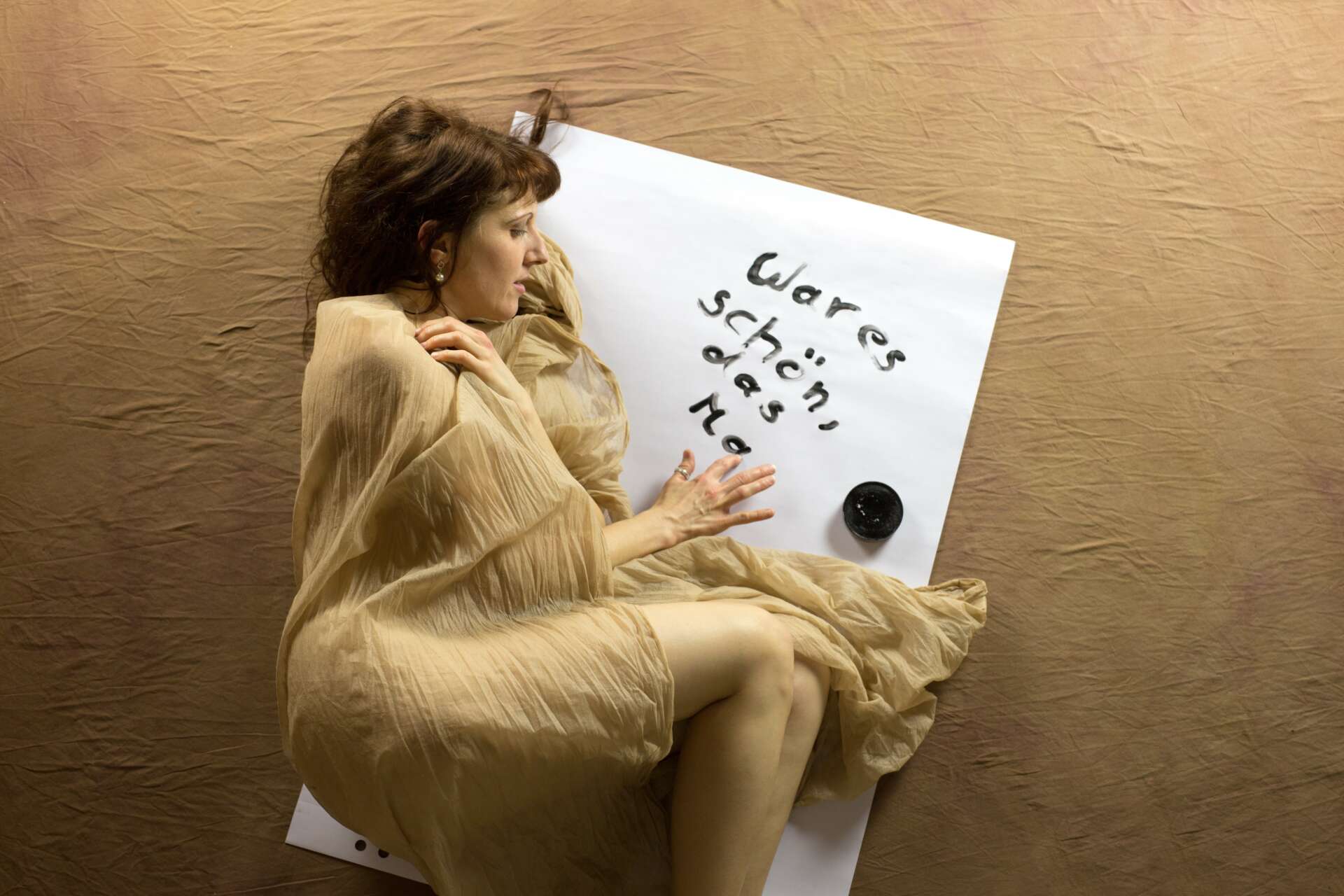
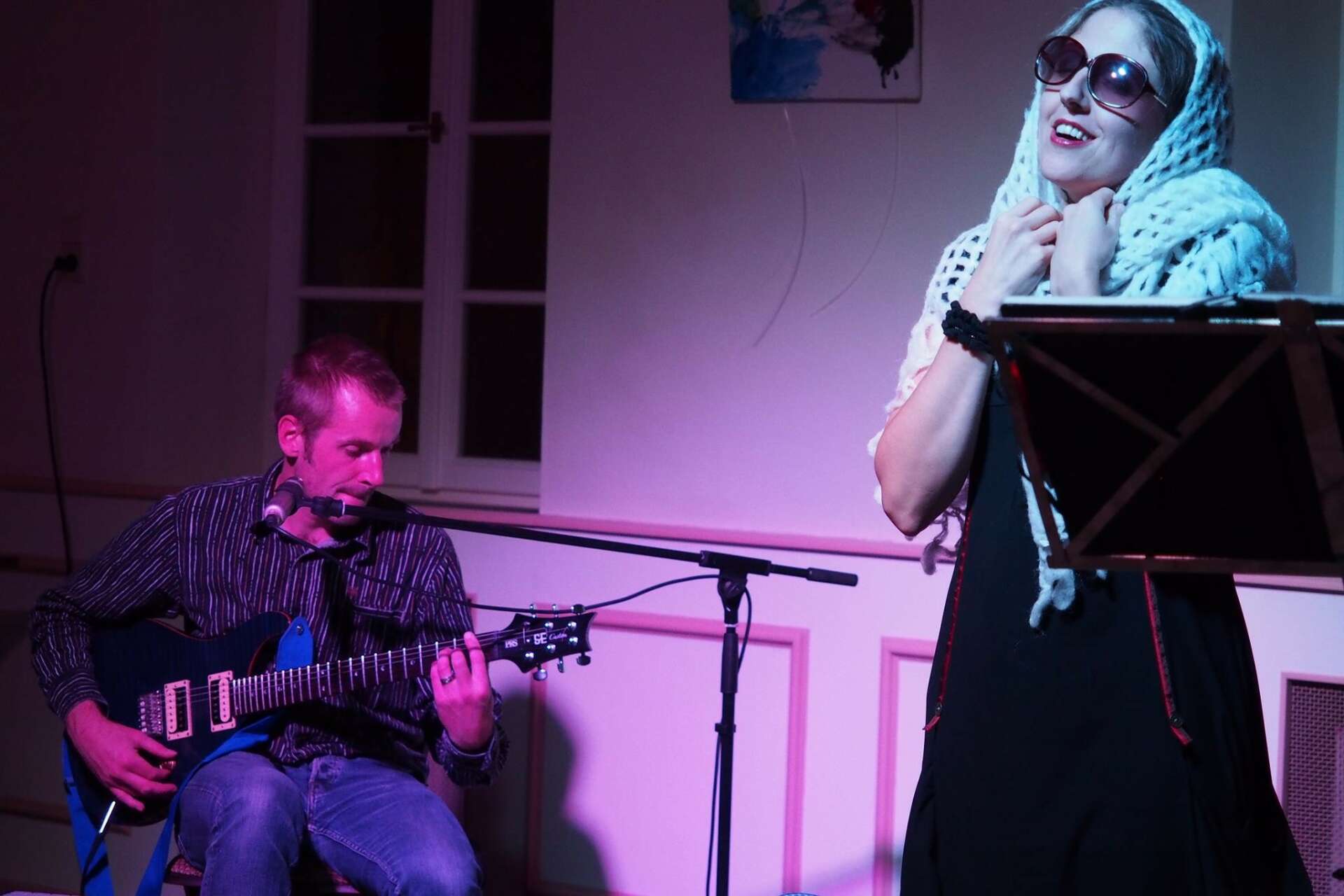
Can you tell us about a time you’ve had to pivot?
That’s in a way a funny question. I love my plans and lists and schedules and all that kind of attempts to trying to control things, but then – life happens. What shows your personality is not how good you are in preventing changes or even failures. It’s shown in how you deal with them.
As a dancer (I dance Lindy hop on a professional level), I know that there is no dance without pivots. It’s not about NOT pivoting. It’s about keeping your balance while you’re doing it.
Considering all this, there were some major pivoting’s in my life, from getting out of a cult to being pregnant way too early, dropping out of university, working in different jobs at different times and places.
From all the pivoting that I had to do one of the most crucial was getting pregnant at 21 with no support from family, friends, or society. The world is hard on female artists, especially when they have kids. I didn’t find any way to be a Mom AND an artist. I had to gain an income to feed my family and so I forgot about my aspirations. No. I didn’t forget them. I put them in the background to not feel the pain.
Eight years later I pivoted again when I got back to writing while being pregnant with my second son. It was the time when I realized it’s not childish to want to be a writer. It’s childish to ignore the gift I was given and not use it. I finished my first novel with the baby on my lap and when he was 3 years old, my first short story was published.
Currently I am again at a very exciting but also frightening pivoting point of my life. I quit the job that fed me and my kids as a single Mom and only breadwinner.
At this point in my life I’m questioning many things and certainties. And I learned to embrace the questions more than the answers. Here are a couple of them:
– How do I want to live my art?
– Do I have to accept that my texts are considered “too difficult” or “too weird” by agencies and publishers as a true judgement?
– Are there other publishing options for me? Which might even lead to more satisfaction and artistic freedom?
– What does success mean? Is the number of sales of my books the only measure of my success as an artist?
Periods of uncertainty are scary, but they also open up possibilities that we had no idea about before.
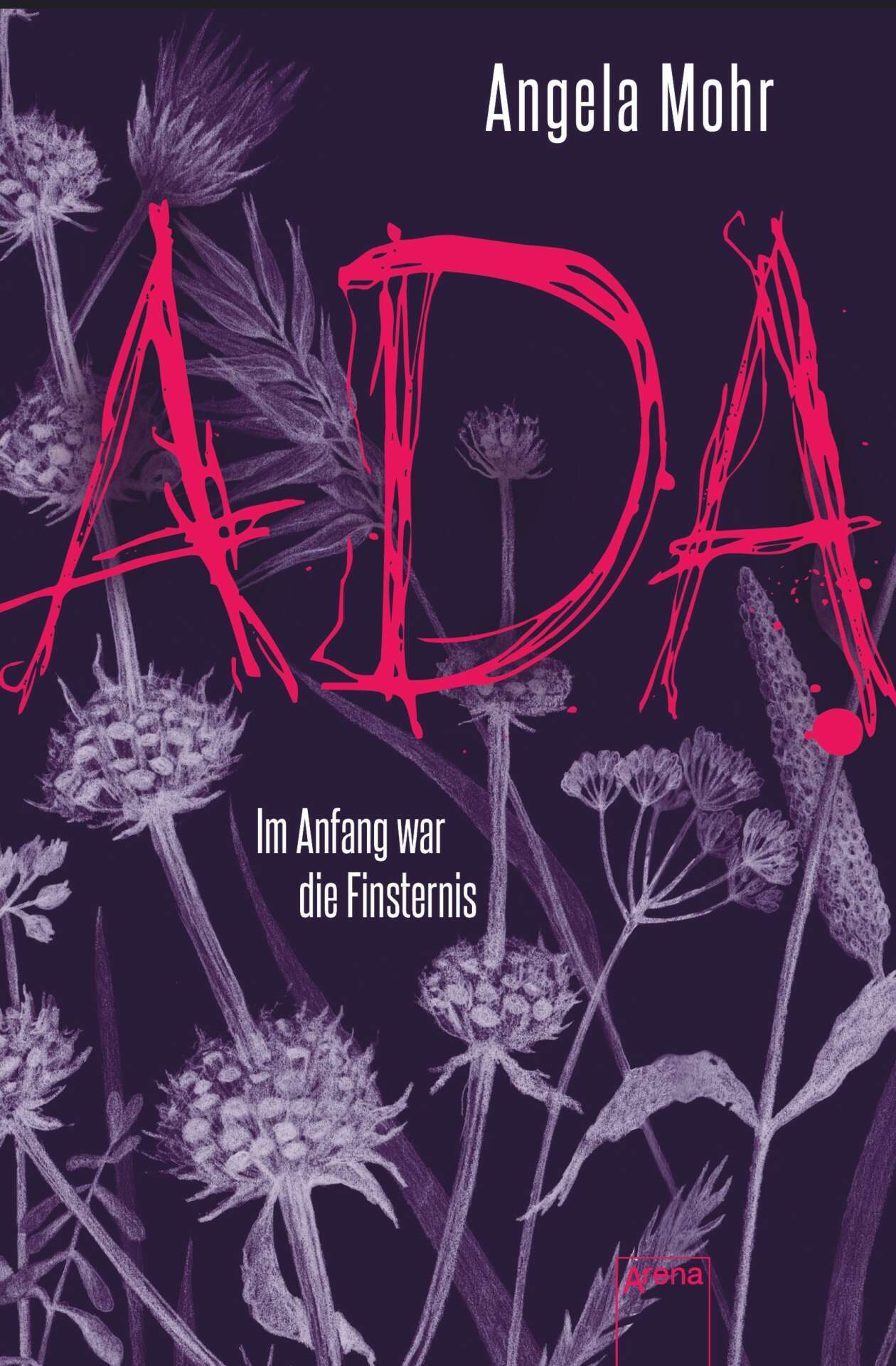
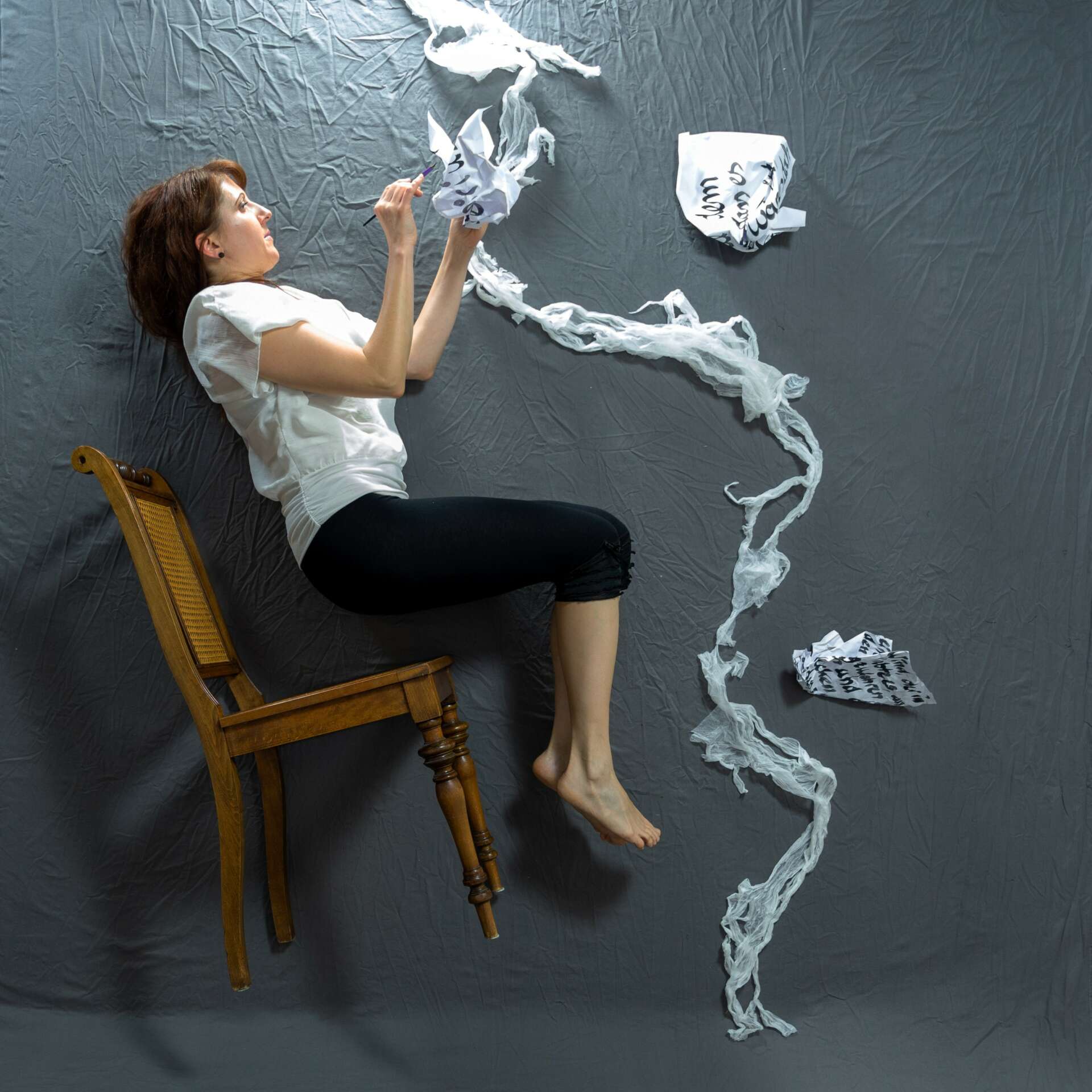
Contact Info:
- Website: https://www.angela-mohr.de/
- Instagram: https://www.instagram.com/angelas.wortraum
- Facebook: https://www.facebook.com/angela.mohr.35/
- Linkedin: https://www.linkedin.com/in/angela-mohr-7858b8225/
Image Credits
Roland Robra Bookcovers: Arena Verlag


